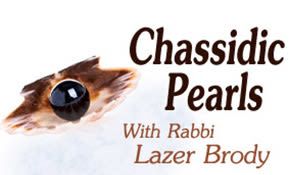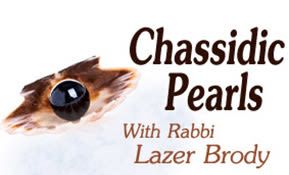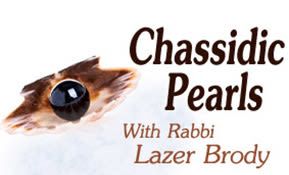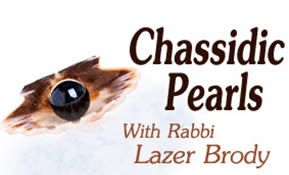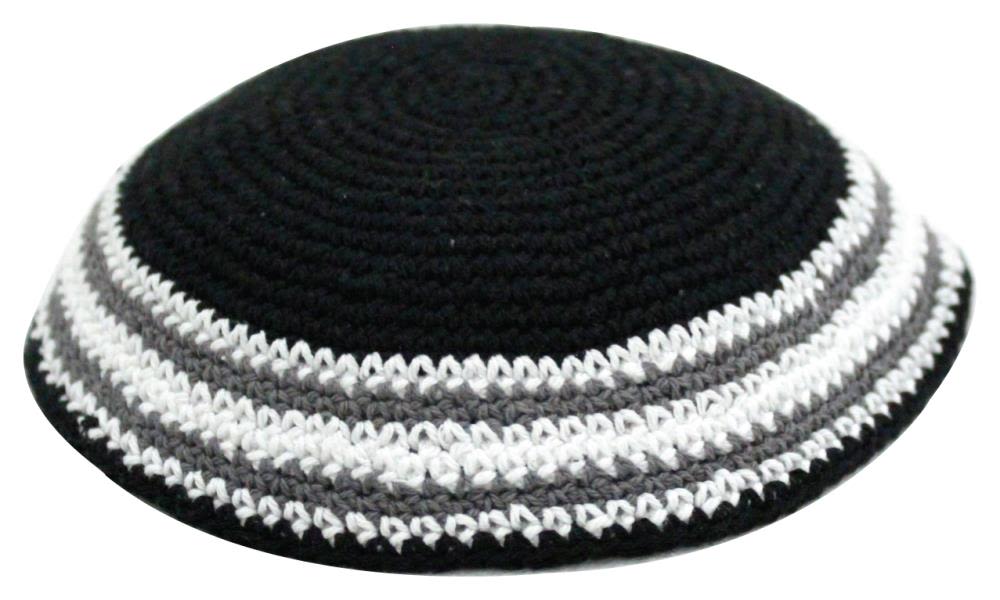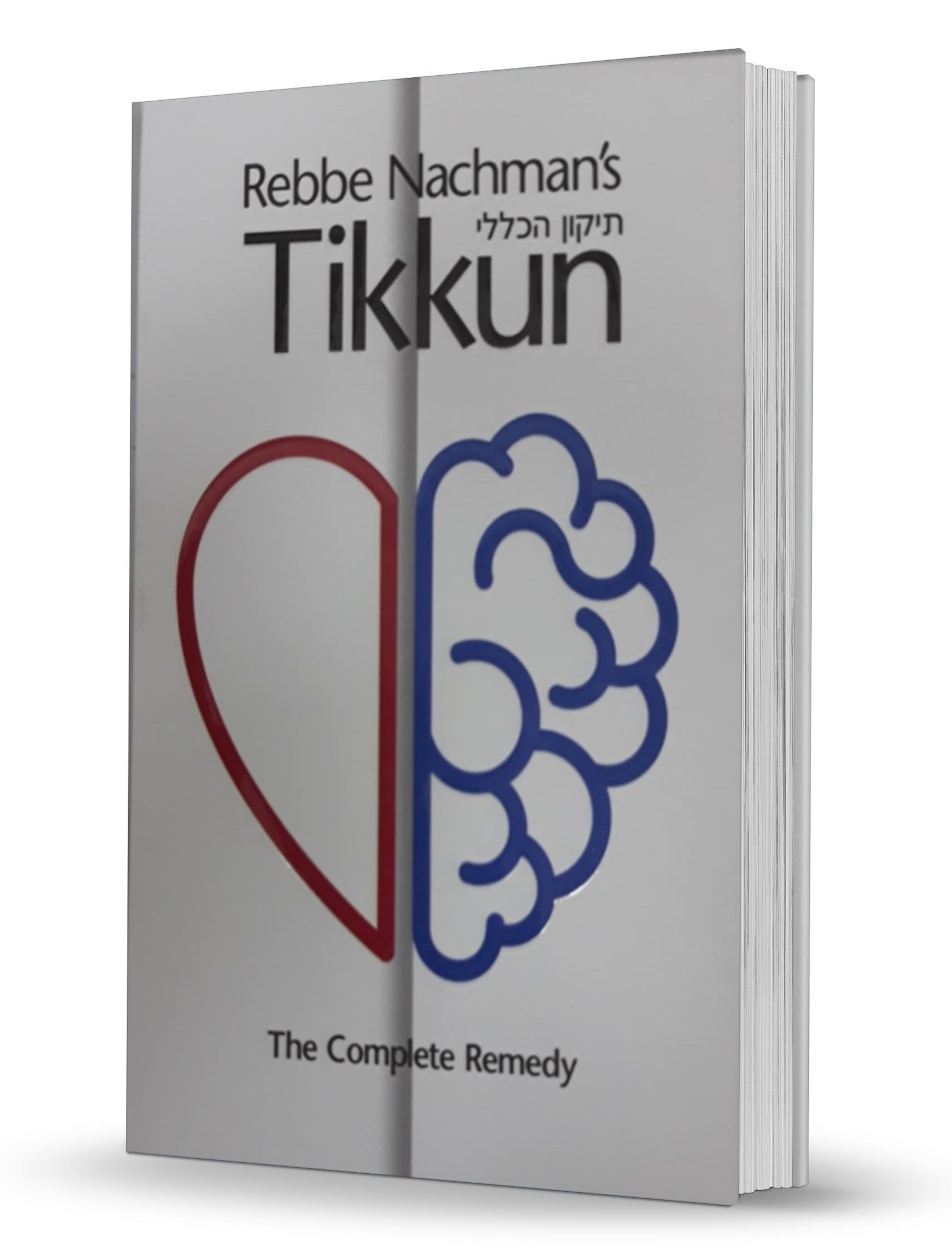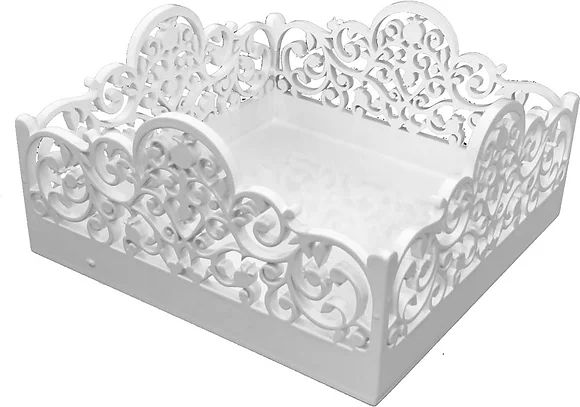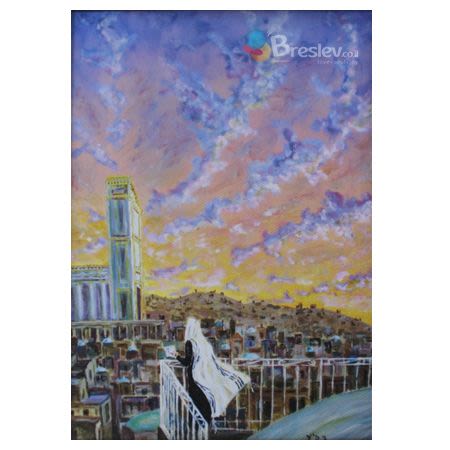
Toldot: Better than Gold
…the people of that generation used to remark that the manure of Yitzchak's mules was better than Avimelech's gold and silver...

Yitzchak (Isaac) sowed in that land, and in that year reaped a hundredfold (Bereishit 26:12).
Rashi comments on the above passage and explains that the people of that generation used to remark that the manure of Yitzchak's mules was better than Avimelech's gold and silver. Strange, who would prefer manure to gold and silver? In order to understand the depth of the above saying, which in effect summarizes the difference between our forefathers and their foreign contemporaries, let me tell you the parable about the nurseryman and the Treasury Minister:
Two distinctly different neighborhoods bordered the expansive palace grounds. One was the neighborhood of the ministers, the members of parliament, and the other highbrowed blue-bloods. This was a residential area on the north side of the palace where one mansion competed with another in grandeur and where no one would bend down to pick up a silver talon in the street. Diamonds and gold were as plentiful there as the squirrels and the pigeons.
In stark contrast, to the south of the palace was the workers' neighborhood, consisting mostly of plain and simple 2-room bungalows where the King's servants lived. These cooks, chambermaids, laundrymen, gardeners, and other servants didn't have much to their names, but their flower gardens and impeccable cleanliness gave their neighborhood a delightful charm.
The Treasury Minister was one of the northern neighborhood's most important residents. He was as rich as a King Midas, but grossly stingy. The other ministers despised him, for they often complained that extracting blood from a stone was easier than obtaining a shilling from the Treasury Minister. Behind his back, they all whispered that he didn't care about the welfare of the kingdom; his only gratification was seeing the royal coffers loaded to the hilt with gold bars. Usually, another minister wouldn't receive his budget allotments unless the King intervened. The Treasury Minister would always defend his tightfisted policies by saying that he was concerned about the good of the kingdom.
The King knew otherwise, that the Treasury Minister was an individual of tainted ways and corrupt character. He had strong suspicions that the latter had been stealing from the royal coffers. Nevertheless, the kingdom was at war, and the time was not opportune for the King to expose a scandalous minister. The clever King decided to give the Treasury Minister more rope, hoping that he'd become careless and hang himself.
The nurseryman was a cordial, kind, and simple man of extraordinary character. He was always prepared to do a favor for anyone – rich or poor. His love for the King knew no bounds; he'd go to great lengths to bring the King the slightest gratification. The entire kingdom was amazed at the nurseryman's dedication to his beloved monarch. For example, every morning at nine sharp, the King would cross the main road that separated the royal palace from the parliament building. The nurseryman would precede the King, and clear the monarch's path from all the horse droppings that had accumulated during the previous day. By nine a.m., the road was spotless and sweet-smelling in the King's honor.
The diligent nurseryman then loaded the manure on his wagon, and utilized it as fertilizer for the King's chamber gardens.
The King's chamber gardens were a small segment of heaven on earth. Aromatic herbs grew alongside exotic flowers that represented every color on the spectrum. Fruit trees of every variety and lush green lawns were frequented by exquisite birds and butterflies. How the King loved to stroll in his private Shangri-la or to pick a ripe plum or persimmon right off the tree, all thanks to the tireless efforts of his faithful nurseryman, who never asked for a thing other than whatever he needed to please the King.
The nurseryman's green thumb never knew an idle moment. He toiled for the King from before dawn until far after the sun's final daily rendezvous with the western horizon. In the morning, he'd clean and fertilize; in the afternoon, he'd prune and weed, and in the evening, he'd plant and water. The magnificently attended palace gardens were all his doing.
One day, the Treasury Minister coveted an enticing red Jonathan apple from the King's personal tree, despite the fact that he had a dozen of his own apple trees on his mansion lawn. Brazenly, he trespassed into the royal chamber gardens; just as his greedy hand reached to pick an apple, the King appeared.
"You dare pick my apples under my own nose, Treasury Minister? Is there no limit to your audacity?" The Palace Guard was already on the way to the doomed avaricious minister's mansion, to confiscate the hundreds of bars of royal gold that had been stolen over the years…
* * *
Our forefather Yitzchak resembles the nurseryman, who takes the crudest material waste and converts it into beauty and spiritual gratification for the King. Everything that Yitzchak did was a vehicle for more prayer, more Torah, and more good deeds. On the other hand, Avimelech, like the Treasury Minister, used the land for his own personal appetites, trying to steal everything Yitzchak owned, from Yitzchak's wells to Yitzchak's wife.
From a spiritual standpoint, we see how the manure of Yitzchak's mules made a greater contribution to society than Avimelech's gold and silver.
In similar vein, Rebbe Nachman of Breslev teaches (Likutei Moharan I:25) that the money of Israel, in that it is rooted in holiness and destined for the purpose of performing Hashem's mitzvot, has a special spiritual brilliance to it. For that reason, the nations of the world covet Israel's wealth. Yet, when the nations succeed in confiscating Israel's money, the money loses its holiness and its brilliance.
In light of Rebbe Nachman's above teaching, the manure of Yitzchak's mules will always shine brighter than Avimelech's gold and silver. May we merit seeing the true brilliance of our people with the coming of Moshiach and the rebuilding of our Holy Temple, speedily and in our days, amen.


